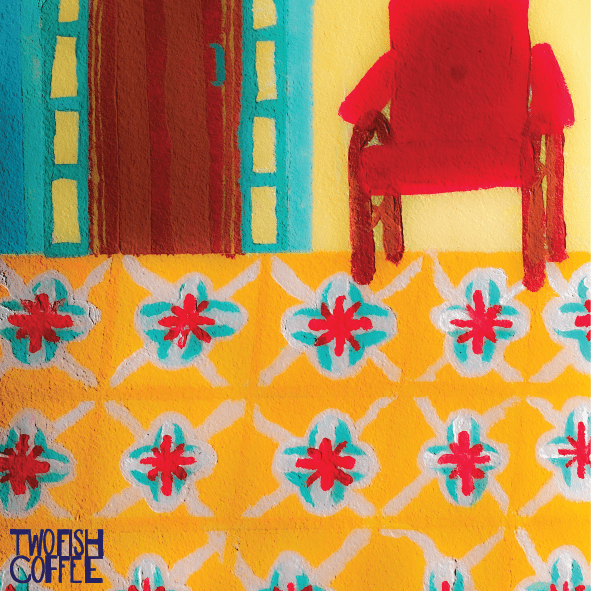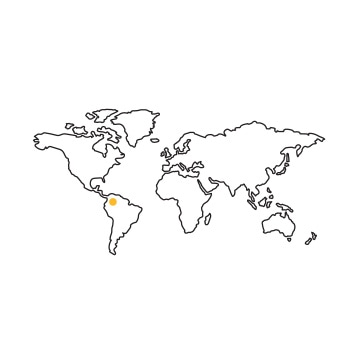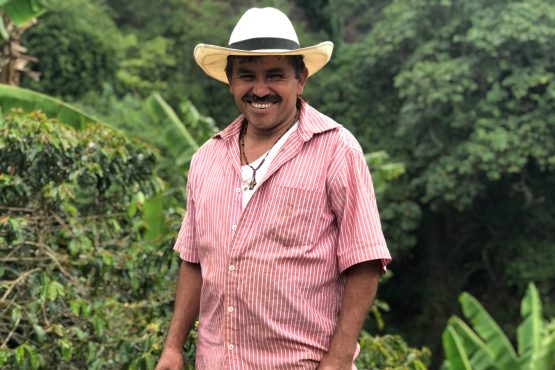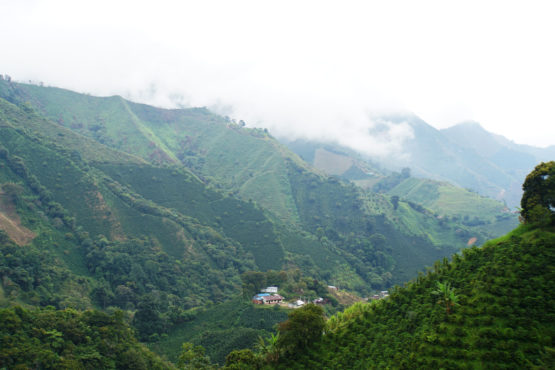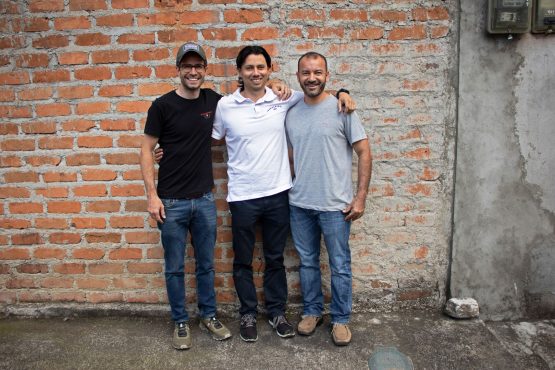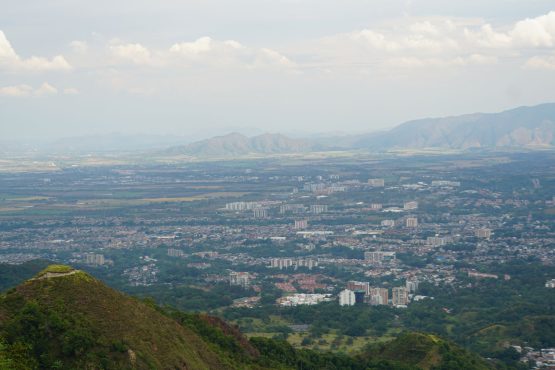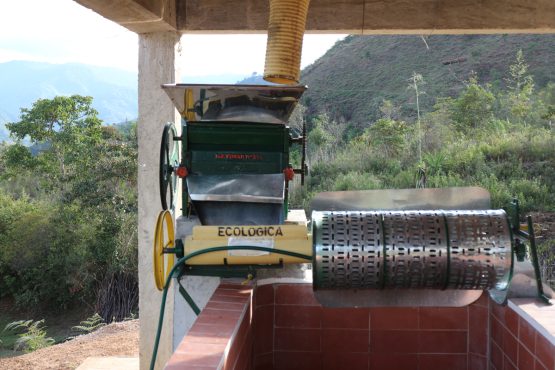Country: Colombia
Towns: China Alta, Santa Isabel, Cajamarca
State:
Tolima
Municipality: Ibagué
Altitude: 1,850m above sea level
Variety: Caturra, Colombia, Castillo
Contribting Producers: Fabian Silva, Alexander Mancilla, Geraldine Buitrago, Julio Soscue Villada, Joaquin Casas, Alexander Salazar, Jorge Sandoval
Processing:
Washed
Average Farm size:
3 hectares
Sweet and creamy. Nectarine, custard apple and lemon curd.
About Small Producers of Ibagué (with thanks to Melbourne Coffee Merchants):
This coffee comes from around seven smallholder farms that are situated near the towns of China Alta, Santa Isabel and Cajamarca, which are near the municipality of Ibagué in the Colombian state of Tolima. These villages are located on steep mountains to the north-east of Ibagué, which creep up fast, going from 1,300 meters above sea level to 2,000 meters in a matter of 30-40 kms. Due to the steep terrain and bumpy back road that is required to get there, they take around three hours to access via car.
ABOUT TOLIMA
Coffee from Tolima has historically been very difficult to access due to the region’s isolation and instability. For many years this part of Colombia was under the control of Colombia’s notorious rebel group, the FARC, and as a result, it was unsafe and violent. Since 2012, safe access to this region has been possible as a result of peace talks between the Colombian government and the rebels. Since this time some stunning coffees from small producers have become accessible to the international market.
The word ‘Tolima’ comes from the local indigenous language and means a “river of snow or cloud”. The region sits on the Cordillera Central, in the middle of the three mountain ranges that provide a range of microclimates well-suited to high-quality coffee production. Coffee is the leading agricultural activity in the region, followed by beans and cattle.
The most well-known regions in Tolima for specialty coffee are Planadas and Chaparral in the south. This coffee comes from the areas surrounding Ibagué, which is further north in the state. The city is also known as the “Ciudad del Abanico” or the “city of the folding fan” because when you look at it from the sky the rivers running from the mountains split up the crops of rice and cotton, and it looks like a beautiful handmade folding fan.
Head here to learn more about the work of Pergamino across Colombia’s coffee regions.
HOW THIS COFFEE WAS PROCESSED
This coffee was processed using the washed method at each farm’s ‘micro-beneficio’ (mill).
The coffee was pulped using a small manual or electric pulper, and then placed into a fermentation tank, where it was fermented anywhere from 12 to 48 hours (depending on the weather and the farms location) and then washed using cold, clean water.
Once dry, the coffee was delivered to Pergamino’s warehouse, where it was cupped and graded, and then rested in parchment until it was ready for export.
